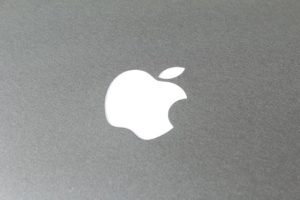LG is the latest legacy phone maker to capitulate amid stiff competition in the mobile phone sector. The electronics giant has confirmed it will exit the smartphone business scene in July and shift its focus to smart home products, an area it sees tremendous opportunities for growth.
LG Transition
In addition, the company intends to become a key player in electric vehicle components, an area that is still in the early stages of development. It also plans to ramp up investments in robotics, artificial intelligence, and other connected devices.
The South Korean company’s decision to wind up the phone business does not come as a surprise. Stiff competition in the sector has resulted in a significant reduction in margins. Small companies have found the going tough with consumers only inclined at spending on the likes of Apple and Samsung products.
Customers holding on to devices much longer have taken a significant toll on the business. Consumers are also turning on to less expensive models making it difficult for companies to make big bucks from high-end models.
Smartphone Business Competition
LG joins a string of legacy phone makers that have significantly trimmed their operations on this front. BlackBerry Ltd (NYSE: BB), which at one point was the poster child of the phone business, has already exited the business opting to focus on software and cybersecurity solutions. Nokia Oyj (NYSE: NOK) also no longer exists in its original form that was driven by phone sales.
LG has found the going tough after its botched transition into the smartphone business from the QWERTY phone world. The lack of the financial muscle to take on Samsung and Apple has also made it impossible to compete in the high-end smartphone marketplace.
Over the past decade, LG has found it difficult to get consumer attention. The company has tried to experiment with innovative designs over the past few years but still struggled to get the much-needed attention. When the first iPhone went on sale in 2007, LG was one of the five biggest phone vendors. As of 2020, the company ranked nowhere close to the biggest smartphone vendors.









